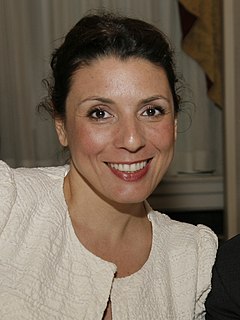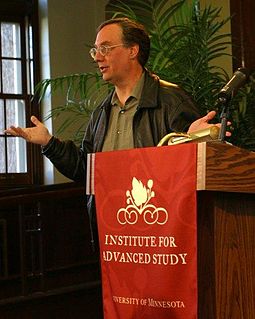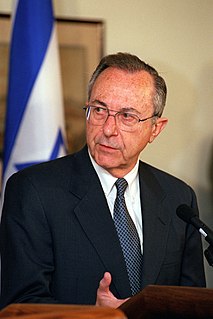A Quote by Jean-Marie Le Pen
The government would have preferred not to take a stand, but the constant presence of the Israeli-Arab conflict on our television screens made it an issue that could no longer be avoided.
Related Quotes
He is someone who is involved in the Israeli-Palestinian conflict in a fundamental way. Let's start with who Dani Dayan is. He was the former head of one of the main settler councils, the Yesha Council, which is a kind of umbrella organization for settlements in the occupied West Bank. Now, you know, for some countries this might not be an issue, but Brazil has made a point of its policies on the Israeli-Palestinian issue.
I think the government must recognise that the wounds of conflict are even more grievous on the mind than the body, and indeed may even serve to fuel further conflict. Where conflict cannot be avoided, provision of adequate psychosocial services to prevent the adverse mental health consequences should take priority.
It was tricky [to write about Israelis], because everyone has an opinion about the Arab - Israeli conflict, and when I first started writing these stories, I was working for an Arab - Israeli human rights group. It was during the Second Intifada. It was this totally violent and intense time, and I think there's a part of me where I don't know how to write about that situation without getting my politics out of my messages, and that's something that was important for me not to do in this book.
An Arab activist can take pride in the Arab heritage of mathematics and science or he can take pride in his religion, and there's pride to be taken in both. But one of them could be exploited much more easily and has been in the context of world conflict. And the other is very difficult to do on the grounds that science and literature and mathematics have been among the uniting factors in the history of the world.

































